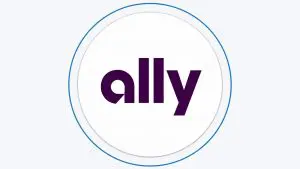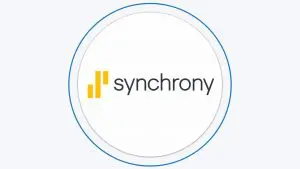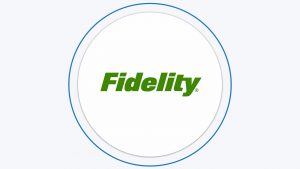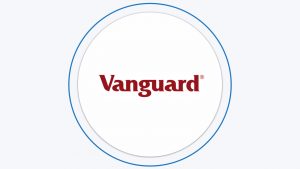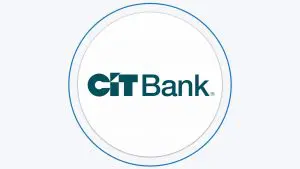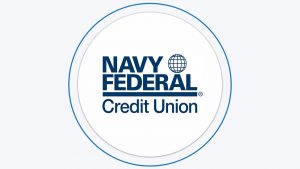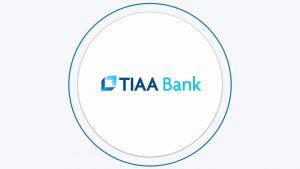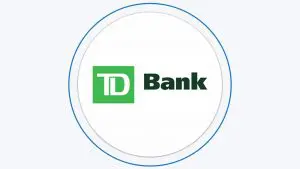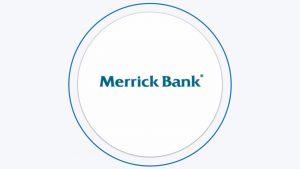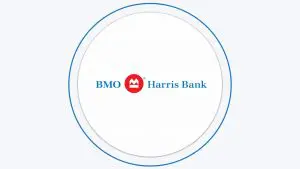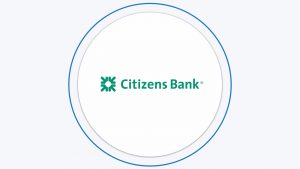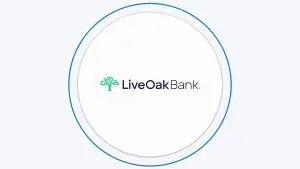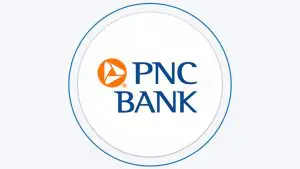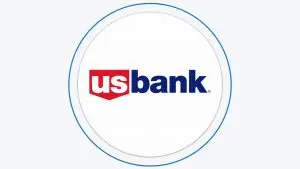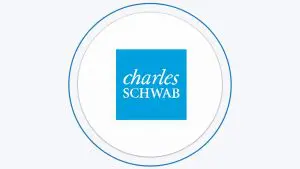Table Of Content
Can You Add Money to a CD Before Maturity?
Generally, once you open a Certificate of Deposit (CD) account and deposit money into it, you cannot add more money to it until the CD matures. However, there are some exceptions:
- Some financial institutions offer “add-on” CDs that allow you to add money to the CD during its term. These types of CDs may have specific terms and conditions, such as a minimum deposit amount, a limit on how much additional money you can add, and a penalty for early withdrawal.
- Another situation in which you may be able to add money to a CD is when the CD is set to automatically renew at maturity. When a CD automatically renews, you may be able to add more money to the renewed CD, either at the time of renewal or during a grace period after renewal.
Why It's Not Possible To Add Money to a CD?
When you open a CD account, you typically agree to a specific term, such as six months, one year, or five years, during which you will not withdraw the money in the account.
In exchange for this commitment, the bank or financial institution that issued the CD typically offers a higher interest rate than what you might get with a regular savings account.
What Are My Options If I Want To Add Money Over Time?
If you want to gradually increase your savings, there are some options to consider:
1. Add Money To A CD During A Grace Period
During the grace period, you can typically make changes to your Certificate of Deposit (CD) account, such as adding more money to it.
In general, grace periods can vary in length, ranging from a few days to a few weeks. During this time, you may be able to add more money to the CD account without penalty, although there may be restrictions or limitations on the amount you can add.
If you want to add more money to your CD account during the grace period, you should contact the financial institution that issued the CD to confirm the details and process for making the additional deposit. They will be able to provide you with any specific instructions or requirements, such as the minimum deposit amount or the deadline for making the deposit.
It's important to remember that once the grace period ends, the terms and conditions of the CD will typically remain fixed for the entire term, and you may not be able to make any changes to the account without incurring a penalty

2. Apply For Add-on CD Work
An Add-On Certificate of Deposit (CD) is a type of CD account that allows you to add more money to the account during the term of the CD. The CD account will earn interest on the funds deposited, and the interest rate is typically fixed for the entire term of the CD.
During the term of the CD, you'll have the option to make additional deposits to the account, up to a certain limit set by the bank or credit union. The additional deposits can be made at any time, but they must meet the minimum deposit requirement.
If you need to withdraw funds from the add-on CD before the end of the term, you'll typically be subject to a penalty fee, which can vary depending on the bank or credit union.
Add-on CDs can be a good option if you want to start with a smaller deposit and gradually add to your savings over time, or if you want to take advantage of rising interest rates without having to open a new CD account.
Top Offers From Our Partners
Which Banks Or Credit Unions Offer Add-on?
While add-on CD is not so popular and you won't be able to find it in the biggest banks, it's still available in some financial institutions:
- Navy Federal credit union – with the EasyStart℠ Certificate, you can add money at any time and renew it up to 21 days after the maturity date. There are four different terms – 6 months, 12 months, 18 months, and 24 months, and the APY is very competitive.
- Associated Bank – you can open an add-on CD with ten (10) calendar days after maturity to withdraw the funds without penalty. The term is 12 months and there is $100 minimum deposit.
- First Horizon Bank – the bank offers an add-on CD and you can contribute to your CD with as little as $25 through a one-time deposit or automatic transfers from a First Horizon Bank checking, savings, or money market account. There is $500 minimum deposit and one penalty-free withdrawal every six months. However, the APY is low and not competitive.
3. Open A Completely New CD
This is the most intuitive way if you want to deposit more money over time. Instead of adding it to an existing plan, you can just open a new one.
There are two potential benefits to open a new CD:
- Laddering: CD laddering is a strategy for managing multiple CD accounts with different maturities, and it can also be used to add money to CD accounts over time.Using CD laddering to add money to your CD accounts can help you to earn higher interest rates and maintain a consistent savings strategy over time.
- Interest rate increase: in case the interest has increased, your new CD will get higher APY than the CD you initially opened. However, in case the interest rate will decrease – you may get lower APY and lower earnings compared to your original CD.
Here's some of the best rates you can find for 12 month CD:
Financial Institution | 12 Months CD APY | Minimum Deposit |
|---|---|---|
4.00% | $0 | |
4.00% | $0 | |
3.50% (13 months) | $1,000 | |
4.50% – 4.76% (11 months) | $2,500 | |
3.85% | $0 | |
4.10% | $1,500 | |
4.00% | $0 | |
3.40% | $1,000 | |
2.78% – 2.88% | $5,000 | |
4.35% | $1,000 | |
4.45% – 4.20% | $1,000 | |
4.05% | $1,000 | |
4.25% | $2,500 | |
5.00%
| $1,000
| |
4.20% | $2,500 | |
3.75% | $2,500 | |
3.90% | $0 | |
4.25% | $500 | |
4.15% | $25,000 | |
3.00% | $500 | |
2.75% (13 months) | $1,000 | |
2.00% | $1,000 | |
4.40%
| $1,000 | |
N/A (11 months) | $250 | |
2.25%
| $50 | |
4.40%
| $1,000
| |
4.35%
| $1,000 | |
4.35%
| $100,000 |
4. Consider No Penalty CD
No penalty CDs are a type of Certificate of Deposit (CD) account that allows you to withdraw your funds before the maturity date without incurring a penalty fee.
These types of CDs can be a good option if you're looking to gradually add to your savings over time because they offer some flexibility in case you need to withdraw your funds for unexpected expenses or other needs.
If you choose a no-penalty CD, you can withdraw your money and deposit it in the same day in a new CD. In case the interest rate increases, it can be a great way to maximize your yield.
However, there is one main drawback to this method- no-penalty CD usually earn lower APY compared to traditional CDs, so in case you don't plan to add a significant amount, it may not be a good idea.

